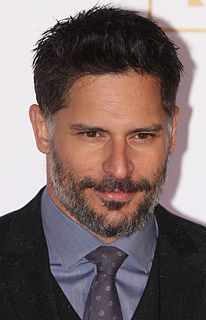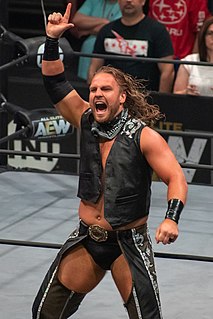A Quote by Leroy Chiao
Did I think about the risks? Of course I did. Anyone who says otherwise is not being completely honest. The amount of energy it takes to bring a spacecraft to orbital speed, and the forces it endures on re-entry, makes risk impossible to avoid.
Related Quotes
The thing is doing it, that's what it's all about. Not in the results of it. After all what is a risk? It's a risk not to take risks. Otherwise, you can go stale and repeat yourself. I don't feel like a person who takes risks. Yet there's something within me that must provoke controversy because I find it wherever I go. Anybody who cares about what he does takes risks.
The advantage of knowing about risks is that we can change our behavior to avoid them. Of course, it is easily observed that to avoid all risks would be impossible; it might entail no flying, no driving, no walking, eating and drinking only healthy foods, and never being touched by sunshine. Even a bath could be dangerous.
[Being judge] is about being honest and giving everybody a fair shot and telling them what you think. Sometimes it's good and sometimes it isn't. It's more important to be honest than say things to make people feel better. I don't think you have to be rude, but I think you have to be honest. But I think it's really important to be specific: Here's what you did that was great and why. And here's what you did that wasn't great and why.
I think when portraying someone that does exist in real life, there's an amount of respect and you want to do them justice. I don't really care what anybody says out there about what I did in the film; I care what these guys thought about what I did. If I'm making them happy, then I know I'm on the right track.
When large companies take on risk, then they impose risks on the rest of the system. And these are systemic risks and these systemic risks we never used to think were really that important, but as soon as we recognize how the financial sector - the risks the financial sector takes on can impact the entire global economy, we realize that those risks needed to be controlled for the social good.
Every time we're about to criticize someone for what we think they did wrong, let's first remember to thank them for the things they did right. And to mean it; to sincerely affirm them. Then, if there's still a problem that needs to be shared, it will come from a completely different energy -- and actually be heard!
And I think at the end of my life, it's not going to be about what I did for myself, but what I did for others. Maybe it's staying after practice to do hand signals with the guys to help them get caught up to speed. To make it about others - I think that's what leadership is all about, quarterbacking is all about.
When I left teaching, I don't think anyone I worked with necessarily understood what I did or the level at which I did it but I think they all do now. I think its Bullet Club stuff and what we're doing now in wrestling is, honestly, such a big part of pop culture that it's kind of hard to avoid, even if you don't follow wrestling.
To laugh is to risk appearing a fool. To weep is to risk appearing sentimental. To reach out to another is to risk involvement. To expose feelings is to risk exposing your true self. To place your ideas and dreams before a crowd is to risk their loss. To love is to risk not being loved in return. To hope is to risk pain. To try is to risk failure. But risks must be taken, because the greatest hazard in life is to risk nothing.
Did I offer peace today? Did I bring a smile to someone's face? Did I say words of healing? Did I let go of my anger and resentment? Did I forgive? Did I love?' These are the real questions. I must trust that the little bit of love that I sow now will be many fruits, here in this world and the life to come.

































